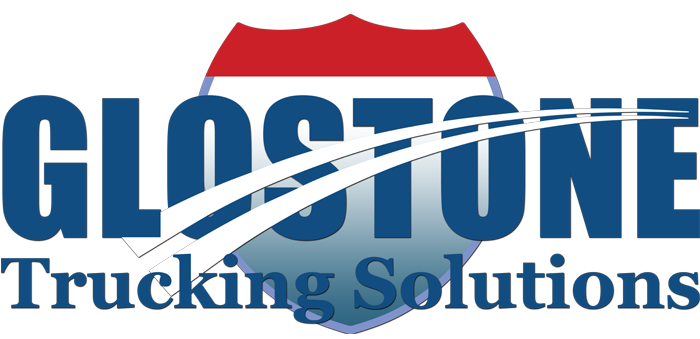
How Do Fleet Managers Prevent Non-Compliant Driver Behavior on the Road?
posted in Alerts by Brian Gray
How Do Fleet Managers Prevent Non-Compliant Driver Behavior on the Road?
The FMCSA wants to improve large truck and bus safety, reduce crashes, and address safety deficiencies before crashes occur. DOT-regulated safety or fleet managers are expected to do their part in discouraging non-compliant behavior while drivers are on the road.
What can managers do to discourage drivers from bad behavior?
Management Controls and Policies
Verify whether managers have adequate safety management controls in place. That means you need to establish roles and responsibilities, including defining standards for hiring drivers. Before looking at your drivers, make sure you have clear policies established and commitment from all managers to both address and practice the company safety standards.
Disciplinary policies should be in place that all drivers are required to agree to and sign. Policies should be issued at the time of hire and filed in the employee’s personnel file. Disciplinary policies should clearly lay out what your expectations are while drivers are on the road and what steps will be taken should a driver deviate from the policy.
Your policies should explain the consequences of a first-time violation and subsequent violations, such as a verbal warning, followed by a written warning, followed by suspension without pay, etc. You’re your policies are in place, it’s critical that they are strictly enforced and documented.
Incentive Program
It is human nature to respond better to positive reinforcement. Creating an incentive program around positive behavior has been shown to work for many fleets. Have your team discuss the various behaviors you want to reward and be creative on different ways to reward the good behavior.
Driver Scorecard: Another idea, each driver should have a scorecard which lists past violations and tendencies. Hold drivers accountable as you would any other professional. They will respect you for it and their performance will improve.
Finally, put the emphasis on training rather than discipline. At least once a year conduct a full internal audit – make your team accountable.
Company Culture
Does your organization make it a point to discuss the value of safety on a regular basis? Don’t just post a sign in the break room; communicate it in everything you do.
Have an effective safety committee, it’s an excellent way to keep your fleet safety-conscious and learning from mistakes. The job of the safety committee is to figure out if an accident could have been prevented. Dig deep to learn the root cause. It’s not just because you’re worried about your CSA score – it’s about keeping your drivers safe. Be effective, establish the authority to make company-wide changes and hold everyone accountable.
Pre-trip inspections: This should be mandatory. Your drivers should be well trained to do pre-trip inspections. The best way to train them is to inspect the truck with them and show them exactly how to do it.
Hire Good Drivers and Run Motor Vehicle Reports (MVRs) Regularly
Avoid hiring a problem! Remember the rule of thumb when hiring: Past behavior is a strong predictor of future behavior. So set high standards and screen for the best candidate.
Regularly pulling Driver MVR reports is the best way to know of any moving violations or infractions your driver may have received that they haven’t told you about. The FMCSA requires you to run motor vehicle reports for your drivers at least once every 12 months, but the best practice is to run them every other month.
Driver Training
Educating your employees and drivers about the nuances of the CSA initiative goes hand in hand with changing the corporate culture. While CSA has been around for four years now, many individuals just don’t know enough about it to comply. Explain what’s expected and warn drivers about the severity of violations.
Driver training best practice is to require all new hires to complete Hours of Service (HOS) and Defensive Driver Training within 30 days of their hire date. Managers should also make sure drivers are aware of where to find specific FMCSA regulations regarding logging hours and vehicle maintenance.
Understanding the top violations is also important. Not all violations are created equal. Carriers should focus in on the most common violations and ensure to avoid them.
These include having defective reflective devices or lights, running on tires with a tread depth less than 2/32 of an inch, driving with a damaged windshield, operating a truck with faulty brake connections, and using inoperative turn signals.
HAZMAT: If your fleet transports hazardous materials then you and your drivers should be certified and knowledgeable with the HAZMAT Regulations. We created out own HAZMAT refresher courses as part of our Managed Training program and fleet tool.







